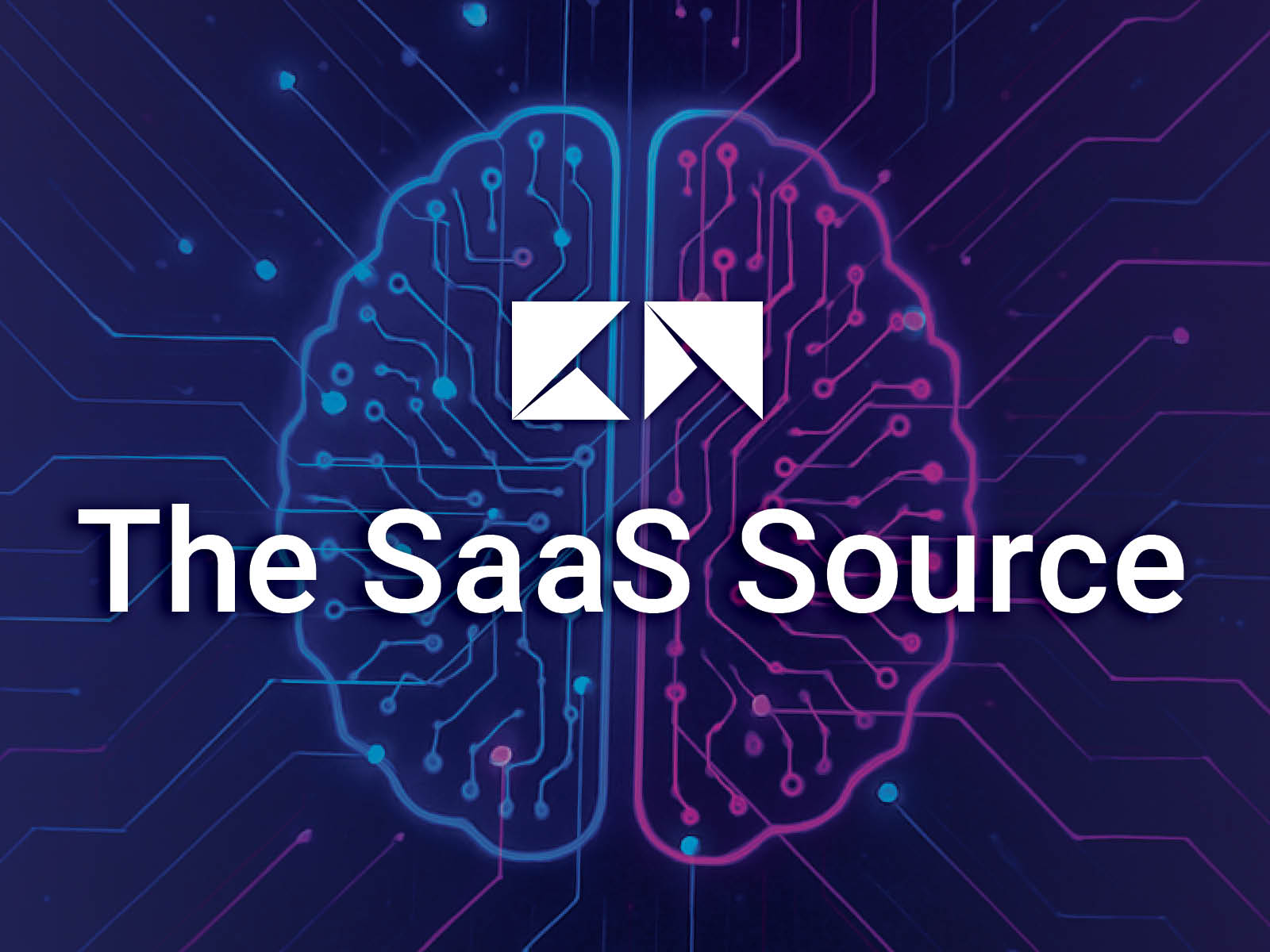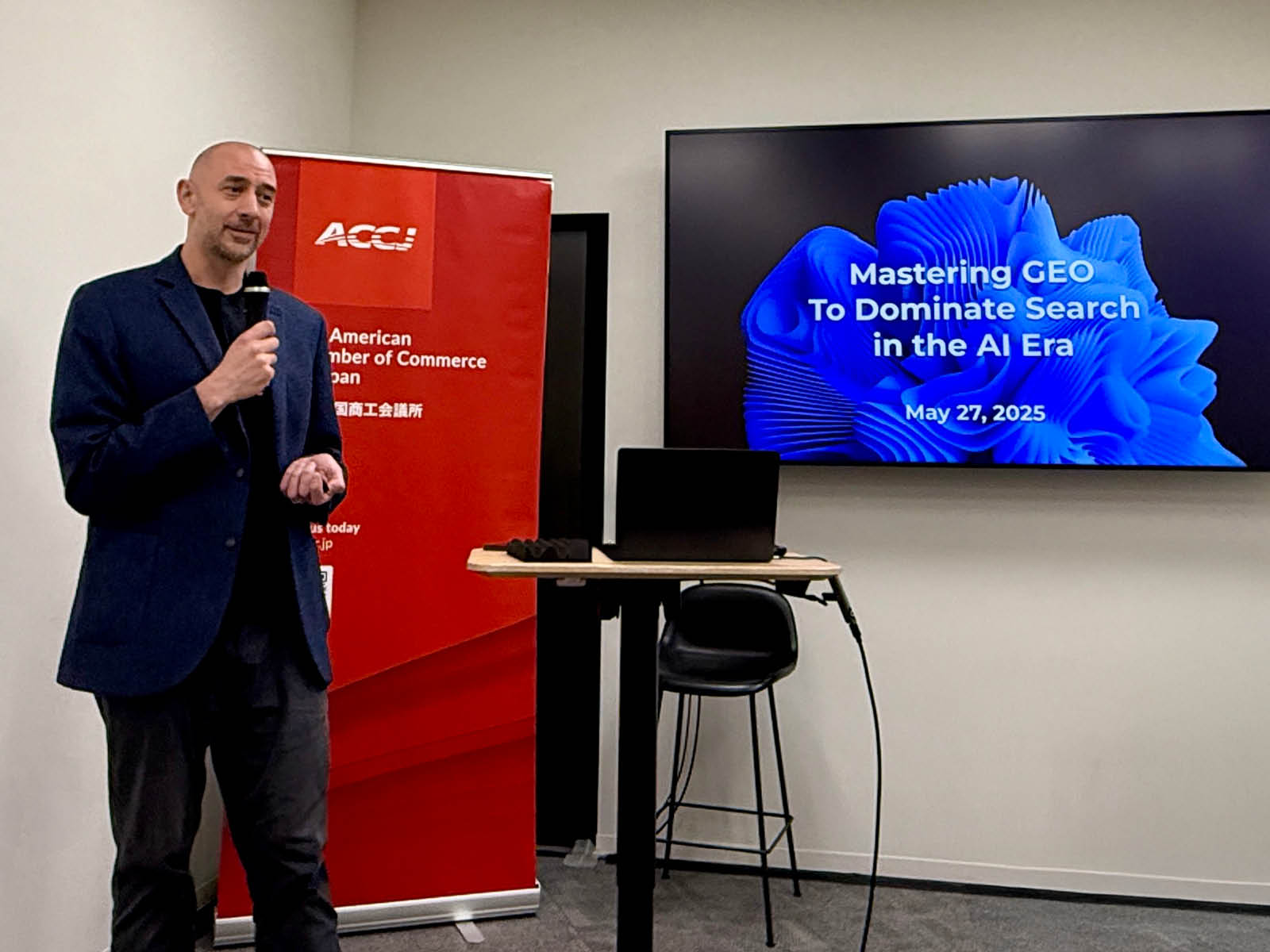
B2B SaaS Japan: Trends, Insights & Opportunities to Unlock Success
Japan’s B2B SaaS (business-to-business software-as-a-service) sector is rapidly evolving, making waves in the global market. As a leader in Asia for technological innovation, Japan presents a unique landscape where advanced digital solutions meet high business standards. This fusion creates exciting opportunities for B2B SaaS providers looking to expand into this dynamic market. The demand for cloud-based solutions, AI-driven tools, and secure data management systems is surging as Japanese businesses embrace digital transformation. However, success in this market requires navigating cultural nuances, regulatory complexities, and high customer expectations.
In this article, we explore the latest trends in Japan’s B2B SaaS industry, identify key challenges and opportunities, and outline effective market entry strategies. Through real-world case studies, we will highlight how leading companies have successfully navigated this complex but rewarding landscape. Ready to unlock the potential of Japan’s B2B SaaS market? Let’s dive in.
Trends in Japan’s B2B SaaS Industry
Adoption of Cloud-Based Solutions
Cloud-based solutions are a major trend in Japan’s B2B SaaS market. Japanese businesses are increasingly adopting cloud technology for its flexibility and cost savings. This shift towards cloud adoption reflects a broader trend of digital transformation across industries, with companies recognizing the strategic importance of leveraging cloud-based platforms to stay competitive in the global marketplace.
Growth of AI and Machine Learning Applications
AI and machine learning are revolutionizing the B2B SaaS landscape. These technologies enhance software capabilities, offering advanced data analytics and automation. In sectors such as finance, healthcare, and manufacturing, Japanese companies are harnessing the power of AI and ML to drive innovation, optimize operations, and deliver personalized experiences to customers.
Emphasis on Data Security and Privacy
Data security and privacy have emerged as critical priorities in Japan’s B2B SaaS industry. With the implementation of stringent regulations such as the Act on the Protection of Personal Information (APPI), businesses are placing a greater emphasis on safeguarding sensitive data. As cyber threats continue to evolve, Japanese organizations are investing in robust security measures and encryption technologies to mitigate risks and ensure compliance with regulatory requirements.

Increasing Integration of IoT (Internet of Things)
The integration of IoT with B2B SaaS solutions is gaining traction. In sectors like manufacturing, logistics, and smart cities, Japanese companies are leveraging IoT-enabled solutions to monitor equipment performance, track inventory in real-time, and enhance operational efficiency.
Customization and Localization of SaaS Products
Localization is crucial for success in Japan’s B2B SaaS market. Tailoring software to meet local needs and cultural nuances helps providers gain a competitive edge.
Opportunities for Success in Japan’s B2B SaaS Industry
Opportunities in Digital Transformation
Digital transformation presents significant opportunities for B2B SaaS providers. Japanese businesses are investing in digital technologies to optimize operations, improve efficiency, and enhance customer experiences. B2B SaaS providers have the opportunity to capitalize on this trend by offering tailored solutions that address specific industry needs and drive tangible results.
Rising Demand in Various Industries
Several industries in Japan, including manufacturing, healthcare, finance, and retail, are witnessing a growing demand for B2B SaaS solutions. As businesses seek to modernize and stay competitive in the global market, there is a heightened interest in leveraging SaaS offerings to streamline processes, gain insights, and drive innovation.
Collaboration and Partnerships
Collaborating with local partners and establishing strong relationships with Japanese businesses can facilitate market entry and expansion. Local partners provide valuable insights into the market landscape, customer preferences, and regulatory requirements. By forging strategic alliances, B2B SaaS providers can leverage existing networks and accelerate growth opportunities in Japan.
Challenges in Japan’s B2B SaaS Industry
Cultural and Language Barriers
Navigating cultural nuances and language barriers can be daunting for foreign B2B SaaS providers. Understanding Japanese business etiquette, communication styles, and decision-making processes is essential for building trust and credibility.
Regulatory and Compliance Issues
Japan has strict regulations governing data protection, privacy, and cybersecurity. B2B SaaS providers must adhere to these regulations to avoid legal complications and maintain customer trust. Staying informed about evolving regulatory requirements is crucial in this dynamic landscape.
High Customer Expectations and Demand for Quality
Japanese businesses have high expectations for quality, reliability, and service. Delivering exceptional value and maintaining consistent product quality is paramount for success in this competitive market. Providers must prioritize customer satisfaction and responsiveness to meet these elevated standards.
Market Entry Strategies for B2B SaaS Providers in Japan
Entering the Japanese market requires careful planning and tailored strategies to navigate cultural nuances and regulatory frameworks effectively. Here are key strategies to consider:
Understanding the Japanese Business Culture
Building relationships and understanding the nuances of Japanese business culture are key to successful market entry.
Building Strong Local Partnerships
Collaborating with established local partners can provide invaluable insights into the market landscape and facilitate smoother market entry. Look for partners with a strong network and reputation.
Investing in Customer Support and After-Sales Service
Japanese customers value exceptional service and support. Ensure your customer support team is well-trained and responsive to address inquiries and concerns promptly.
Tailoring Marketing and Sales Approaches
Adapting marketing and sales strategies to the Japanese market is necessary. This includes localizing content and using culturally appropriate messaging.
Navigating Legal and Regulatory Frameworks
Understanding and complying with Japan’s legal and regulatory frameworks is essential for B2B SaaS providers. This ensures smooth operations and avoids legal issues.
Case Studies of Successful B2B SaaS Implementation in Japan
Salesforce: Pioneering Local Autonomy
In the realm of B2B SaaS, Salesforce stands as a beacon of innovation, particularly in its strategic approach to the Japanese market. At the heart of its success lies a unique paradigm: local autonomy. Unlike many global giants that implement a one-size-fits-all strategy, Salesforce embraced the diversity of the Japanese market by empowering its local operations to make decisions tailored to local needs. This autonomy enabled Salesforce to swiftly adapt to the nuances of Japanese business culture, fostering trust and loyalty among its clientele.
Moreover, Salesforce’s commitment to Japan extended beyond mere lip service. Recognizing the importance of data sovereignty and privacy, Salesforce made substantial investments in local data centers, ensuring compliance with Japan’s stringent regulatory framework. Additionally, strategic acquisitions of local companies further solidified Salesforce’s foothold in the Japanese market, enabling it to offer specialized solutions that resonate with Japanese businesses.
Adobe: Spearheading Digital Transformation and Customer-Centricity
In the dynamic landscape of digital transformation, Adobe emerges as a trailblazer, particularly in its endeavors within Japan. The key to Adobe’s success lies in its unwavering commitment to customer-centricity and its ability to anticipate and meet the evolving needs of the Japanese market.
Through its transition to a subscription-based model, Adobe revolutionized the way Japanese businesses approach software procurement, offering greater flexibility and accessibility. Furthermore, Adobe’s suite of solutions, ranging from document workflow to e-signatures, has played a pivotal role in driving Japan’s digital evolution, empowering businesses to streamline processes and enhance productivity.
The success stories of Adobe’s partnerships with major Japanese corporations serve as a testament to its effectiveness in delivering tangible value. By harnessing the power of digital marketing and content management solutions, Adobe has not only optimized customer experiences but has also fostered a culture of innovation and growth within Japan’s business ecosystem.
Slack: Redefining Collaboration Through Localization
In the realm of workplace communication and collaboration, Slack has redefined the paradigm, particularly in its approach to the Japanese market. What sets Slack apart is its deliberate emphasis on localization, recognizing that effective communication transcends language barriers.
Upon entering Japan, Slack adopted a strategic approach that focused on highlighting the platform’s unique value proposition while acknowledging the cultural nuances that distinguish Japanese users from their counterparts elsewhere. By incorporating feedback from early adopters and leveraging insights into Japanese work culture, Slack was able to refine its offering to better meet the needs of Japanese businesses.
As a result, Slack witnessed exponential growth in its user base in Japan, establishing itself as the go-to platform for seamless communication and collaboration. The success of Slack’s localization strategy serves as a testament to the transformative power of understanding and embracing cultural diversity in the global marketplace.
Frequently Asked Questions
B2B SaaS (Business-to-Business Software as a Service) refers to cloud-based software solutions provided to businesses. These solutions help improve efficiency, reduce costs, and streamline various business processes.
Japan is a significant player in the global technology market with a high demand for innovative software solutions. Its advanced economy and focus on digital transformation make it an attractive market for B2B SaaS providers.
Absolutely! Japan’s B2B SaaS market is experiencing significant growth, fueled by factors like rising digital adoption, mobile-first preferences, and a growing appetite for industry-specific solutions. This presents a lucrative opportunity for B2B SaaS providers with the right strategies.
Cultural nuances and business etiquette can be tricky to navigate. Adapting to the complex regulatory landscape and building trust with potential customers also require careful planning.
Localization is key! This includes language adaptation for your website and marketing materials but also goes deeper. Consider cultural sensitivity in design and messaging to ensure resonance with your target market. Check out our piece on the content marketing landscape insights.
Wrapping Up
The B2B SaaS industry in Japan is poised for growth, driven by trends like cloud adoption, AI, and IoT integration. Providers must navigate cultural, regulatory, and quality challenges while seizing opportunities in digital transformation and industry-specific demand.
The future of Japan’s B2B SaaS market looks promising with continuous advancements in technology and increasing adoption across industries.
Success in Japan’s B2B SaaS industry requires understanding local trends, overcoming challenges, and implementing effective market entry strategies. By focusing on customization, compliance, and customer support, providers can unlock significant opportunities in this dynamic market.
Contact Custom Media today to learn more about how we can help you as your marketing and business consultant.


